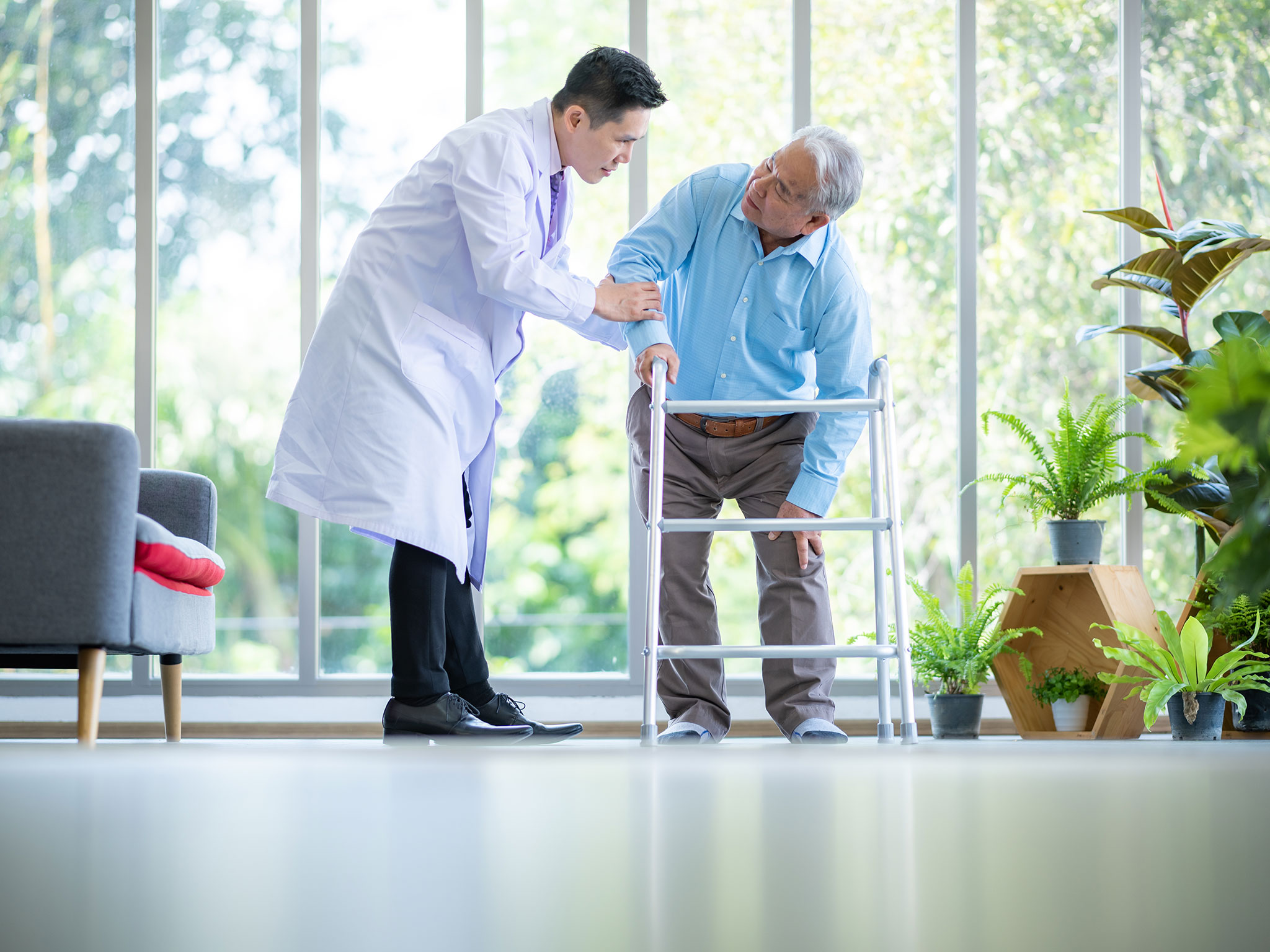A number of prescription and over-the-counter drugs help relieve the pain, swelling and other symptoms that come with fractured bones, injured ligaments, disease, aging and degeneration of joints and bones.
Managing pain is important for your recovery. Severe pain or pain that doesn’t go away can lead to depression, difficulty sleeping, limitations on your ability to move around and changes to your daily activities.
All of these can slow down your healing and prolong a painful bone condition.
